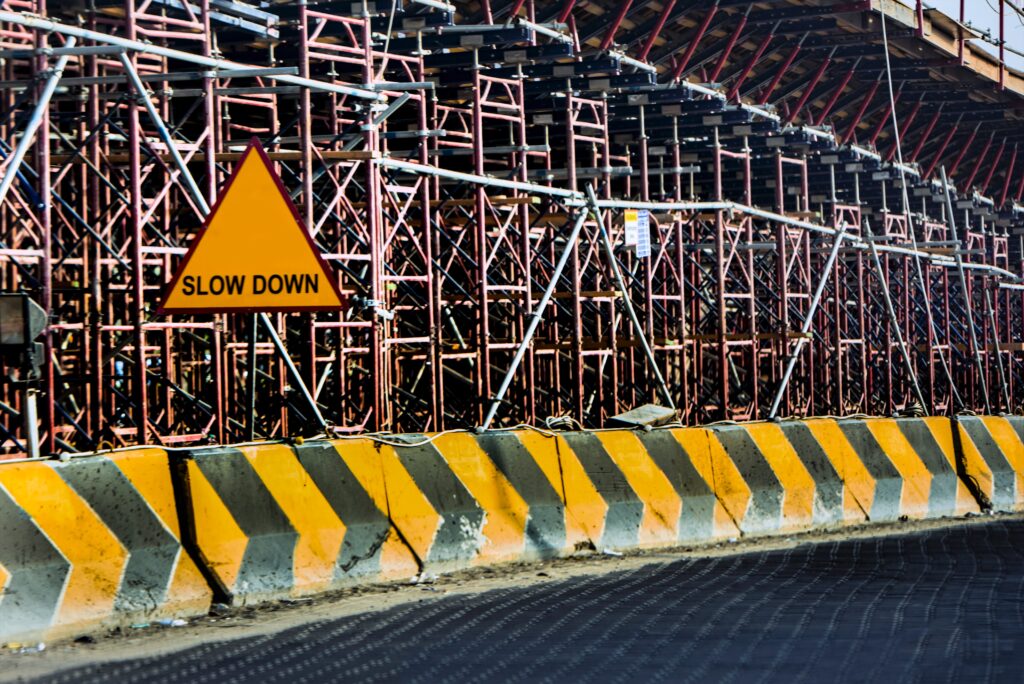With apologies to Edwin Starr, reserve funds are definitely good for more than absolutely nothing. Not only do they help keep a roof over your head and hot water flowing through your taps, but also help ensure the large (CAPITAL — pun intended) projects are adequately funded, saving owners from those two dreaded words: Special Assessment.
In the following paragraphs, we’re going to dip a big toe into the exhilarating and mind blowing (not really) land of reserve funds. Grab a beverage of your choice, sit back, strap in, and hold on — there’s some learning and (hopefully) entertainment coming your way.

What is My Condo's Reserve Fund?
Good question — I’m glad you asked, especially given today’s blog topic. Every condominium in Alberta is required to have what is called a Reserve Fund. You can think of it as your condo’s piggy bank — each month, a pre-determined portion of your condo fees gets set aside into a savings account that can’t be touched except for capital (large) projects.
These are generally outlined in your condo’s Reserve Fund Study (a document prepared by experts that provides your board with some financial and timeline guidance on your building’s capital projects). However, unlike a piggy bank, you can’t simply take a five pound sledgehammer to it when you suddenly have that 3 am craving for Singapore Sam’s.
The use and allocation of reserve funds once they’ve been put into the reserve fund savings account is very strict, which as you can imagine, is a bit of a double-edged sword. You can fix your roof when you suddenly have Niagara Falls coming in, but those 27 cacti will have to come from operating funds.

Okay, That Makes Sense. Can You Give Me Some Examples of 'Capital Expenses'?
Nope, sorry, I can’t do that… just kidding. The most common capital expenses are going to be your roof, your building envelope, windows, paving of your parking lot, etc. As mentioned before, if you’re not sure, the easiest (and safest) way to know is to consult your Reserve Fund Study.
If done properly, it will provide a list of all the building expenses that qualify for use of reserve funds. However, there is a caveat to this statement: sometimes the study will list an item as qualifying for reserve funds, however, it will stipulate that funds can only be used for replacement, not repairs.
This can throw a spanner into the works should you have a building leak that’s shown to be corporation responsibility, but only requires repairs. If the report isn’t read carefully, you/your board might be tempted to use reserve funds after noting that plumbing is included in the study.
This is where you shouldn’t channel your inner Maverick and Goose. Slow down and read the appropriate section carefully. It will (almost) always indicate in some way whether the money can be used for repairs or if it’s strictly for replacement.

This is Great! Another Question - You Previously Mentioned the Amount That is Contributed is Pre-Determined. Can You Elaborate?
Of course! Each fiscal year (your condo’s financial year that may or may not line up with the actual calendar year), your board of directors draft and approve an operating budget for the coming year.
Included in this budget is your reserve fund allocation — how much money needs to be put into the reserve fund savings account. While it would be far more fun to determine this number over several drinks at a bar with a blindfold and dartboard, the actual determining factor is far more practical (and safer).
Each Reserve Fund Study has a table that indicates how much money needs to be budgeted each year in order to ensure the building is properly funded should/when the previously mentioned capital projects need to be completed.
This number is non-negotiable and needs to be included in the budget. In our experience, this is one of three major contributors to the annual increases that your condo building might be seeing year over year.

You Have Made This Significantly More Clear Than Mud. Is There Anything Else I Should Know?
The best thing you can do is educate yourself. Your annual budget needs to be made available to owners each fiscal year, so you have the budgeted reserve fund contribution in literal black and white. As an owner, you also have the right to review the Reserve Fund Study for yourself.
If your management company doesn’t have an online portal for corporation documents or some other way of accessing the report, we suggest emailing your condo manager and requesting a copy. While some of the report is an excellent cure for insomnia, the cool charts and graphs at the end will give you a definitive answer as to what is/could be coming up and more importantly, ensuring that the necessary funds are being put away in the piggy bank.